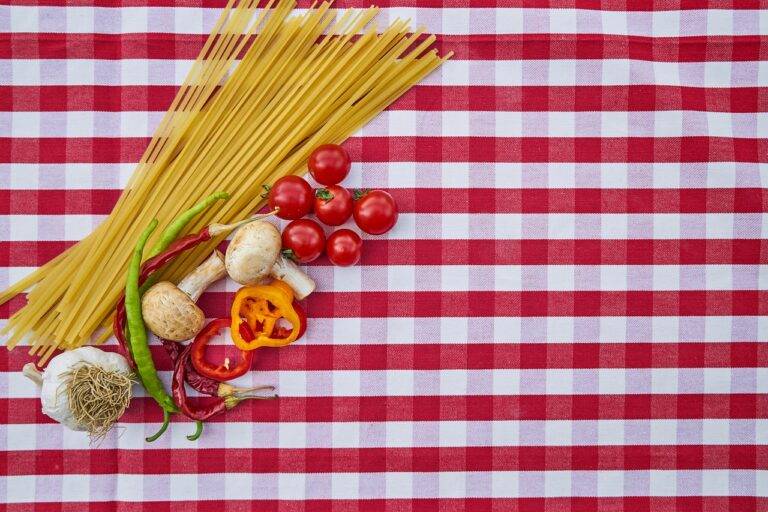Mindful Water Conservation: Using Resources Responsibly at Home and Beyond
When it comes to conserving water in your daily routine, simple changes can make a big difference. Start by turning off the faucet while brushing your teeth or washing dishes. Opt for shorter showers and consider installing a low-flow showerhead to reduce water usage even further.
Another easy way to save water is to only run the dishwasher and washing machine when they are full. This not only saves water but also energy. Additionally, check for any leaks in faucets, toilets, or pipes, as even small leaks can waste a significant amount of water over time. By being mindful of your water usage habits, you can contribute to water conservation efforts in your community.
The Importance of Fixing Leaks promptly
Leaving leaks unattended can lead to a multitude of issues, both environmentally and financially. Water leaks not only waste a precious resource but can also cause damage to your home or property if not promptly addressed. The continuous dripping or flowing of water can weaken structures, promote mold growth, and increase water bills significantly over time.
Taking a proactive approach to fixing leaks as soon as they are noticed is crucial in conserving water and preventing potential damage. Regularly inspecting faucets, pipes, and fixtures for any signs of leakage can help catch and repair issues early on. By addressing leaks promptly, you not only save water but also contribute to the overall sustainability of our water supply and reduce the risk of costly repairs in the future.
Tips for Efficiently Watering Your Garden
When it comes to watering your garden efficiently, it’s important to consider the specific needs of each plant. Different plants have varying water requirements, so be sure to group plants with similar needs together to avoid over or under-watering. Additionally, watering in the early morning or late evening can help reduce water evaporation and ensure optimal absorption by the plants.
Another key tip for efficient watering is to use mulch in your garden. Mulch helps retain moisture in the soil, reducing the frequency of watering needed. Additionally, be mindful of the soil condition and drainage in your garden. Proper drainage ensures that water reaches the roots of the plants without waterlogging the soil, which can lead to root rot and other issues. By following these simple tips, you can ensure that your garden receives the right amount of water to thrive and flourish.





